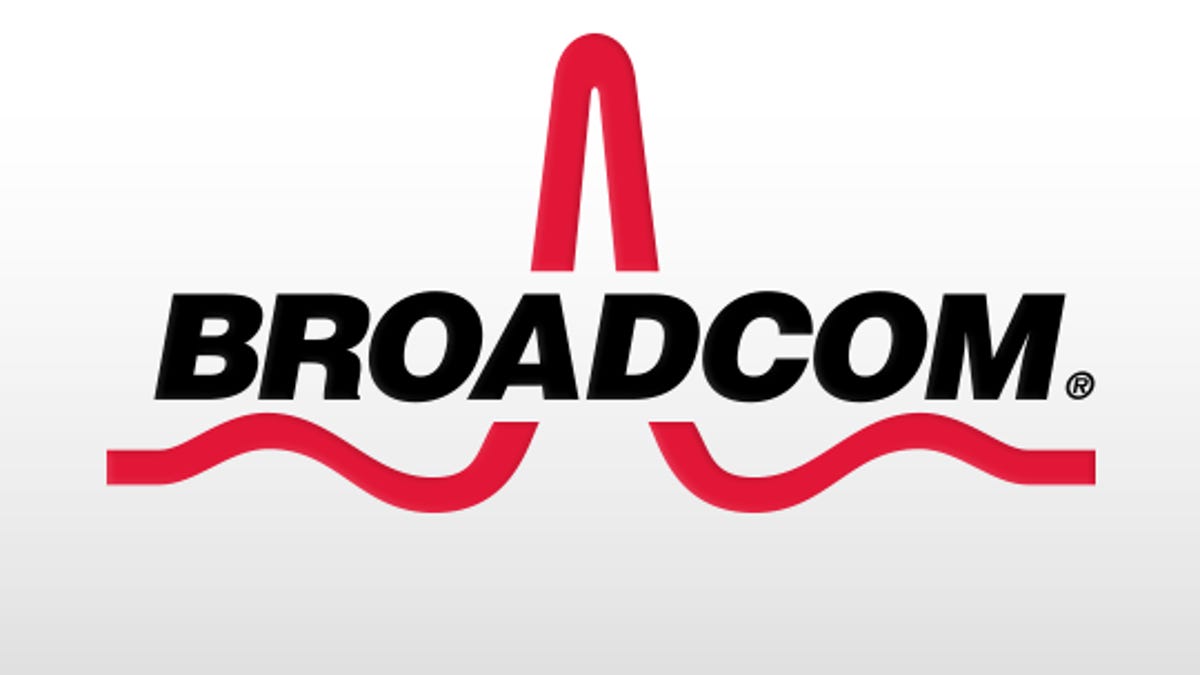New Broadcom navigation chip improves positioning with worldwide satellites
At CES, Broadcom announced its automotive quality BCM89774 tri-band navigation chip, capable of seeing satellites from the US, Japan, Russia, China and Europe.

At the Consumer Electronics Show in Las Vegas, chipmaker Broadcom announced new, behind-the-scenes silicon that could make our cars even more aware of their locations. The BCM89774 tri-band navigation chip reads five different global positioning satellite networks, allowing for more accurate positioning.
What we call GPS, or the Global Positioning Satellite network, was built by the US, and lets cars and phones pinpoint their location on earth. But other countries have launched their own satellite networks to aid in navigation, such as Russia's GLONASS and Europe's Galileo. The more satellites a navigation chip can "see", the more quickly and accurately it can determine its position.
Broadcom's new chip, which has been built to automotive quality standards, can read satellites from every major positioning network. In a conversation with CNET, Broadcom Director of Automotive Wireless Connectivity said that the chip will more accurately find its position in urban areas and forests than do previous offerings.
He also noted that automakers could use this single chip for cars shipped anywhere in the world, rather than having to regionalize dashboard navigation system hardware for different markets.
Broadcom faces stiff competition from the likes of Qualcomm in the navigation chip market. The addition of more satellite networks offers good incentive to automakers, but it is also an innovation hurdle that competitors are likely to leap.
Check out the rest of CNET's CES 2016 coverage here.

